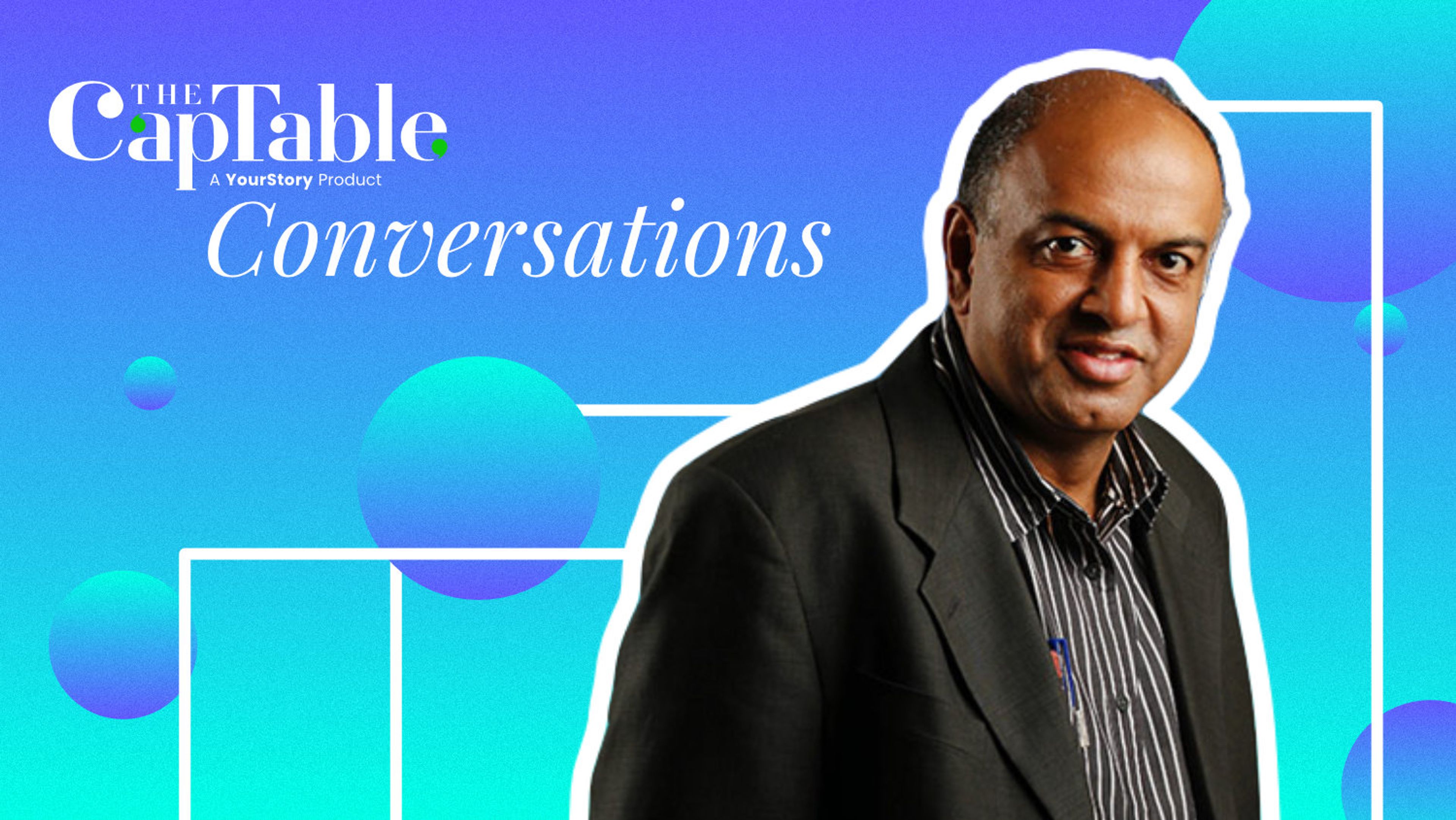Sign In

Sanjeev Bikhchandani on the rise of quick commerce, Zomato's turnaround, and state of Indian startups

Sohini Mitter

Sohini Mitter
India’s pioneering internet entrepreneur Sanjeev Bikhchandani is also one of its most well-regarded voices. The Info Edge founder, whose net worth stands at $2.6 billion, delves into his hits and misses, Zomato’s turnaround, the rise of quick commerce, market monopolies, rogue founders, and more.
April 22, 2024
13 MINS READOn the afternoon of July 23, 2021, Sanjeev Bikhchandani shared an Excel sheet calculation with his Twitter (now X) followers. “Here is the ultimate evidence why India should invest more behind its startups and in early-stage VC funds,” it read.
The day was momentous. One of India’s OG startups, Zomato, had just gone public, fetching blockbuster returns for its early investors, including the country’s pioneering internet entrepreneur—Bikhchandani. The latter’s first investment of Rs 4.7 crore in the foodtech startup in 2010 brought him whopping returns of 1,050x a decade later. Now, with Zomato’s stock price climbing upwards of Rs 188, he’s sitting on returns in the vicinity of ~1,300x.
Zomato’s success is closely linked with Bikhchandani’s conviction as an investor after having spent decades on his own journey as the founder of Info Edge, the first-ever dotcom company to go public on Indian bourses. The 60-year-old, however, makes no bones about the fact that internet entrepreneurs of today are far “brighter, smarter, and gutsier” than his ilk in the late-90s and 2000s. “They have global ambitions. I had no such vision and ideas,” he tells The CapTable.
We spoke to him merely weeks after Google Play’s delisting fiasco that saw Info Edge’s bouquet of apps (Naukri, 99acres, Jeevansathi, Shiksha, etc.) along with 200 other Indian apps disappearing from the platform overnight.
THE UPSHOT
Those were restored in a few days, but Bikhchandani’s clarion call for an “Indian app store that is a part of Digital Public Infrastructure—like UPI and ONDC” has touched a nerve in the domestic startup ecosystem.
He’s tight-lipped, though, when we quiz him on the same. “Unfortunately, I can’t talk about that [for legal reasons]. All I can say is… with a 96% market share for any app store, it’s a vulnerability as far as Indian app developers are concerned and there’s excessive dependency on that store,” he says.
LatestStories
The Crux
the-crux
FirstCry’s offline and overseas plans as India’s e-commerce story loses steam
By Pranav Balakrishnan
Aviation
Premium Reads
Protect fliers or airlines? India’s dilemma as airfares to Singapore, Gulf soar
By Raghav Mahobe
Digital payments
Premium Reads
Will RBI’s new directive spell trouble for India’s booming creator economy, small businesses?
By Nikhil Patwardhan
E-commerce
the-crux
Why your quick commerce orders are getting slower
By Pranav Balakrishnan
For subscribers only
Deeply reported and objective news on the country´s fastest-growing companies and the people behind them.

10 Min Read
Protect fliers or airlines? India’s dilemma as airfares to Singapore, Gulf soar
By Raghav Mahobe

11 Min Read
Will RBI’s new directive spell trouble for India’s booming creator economy, small businesses?
By Nikhil Patwardhan

4 Min Read
Reliance brings telecom's predatory pricing to OTT; will JioCinema's latest plans harm Netflix, Amazon?
By Sohini Mitter

13 Min Read
Be quick or be dead: BigBasket’s quick commerce evolution
By Pranav Balakrishnan

12 Min Read
Going solo: LPs want direct stakes in India's startup successes
By Nikhil Patwardhan

12 Min Read
A year into bankruptcy, Go First’s case threatens to ground India’s aircraft leasing dreams
By Raghav Mahobe